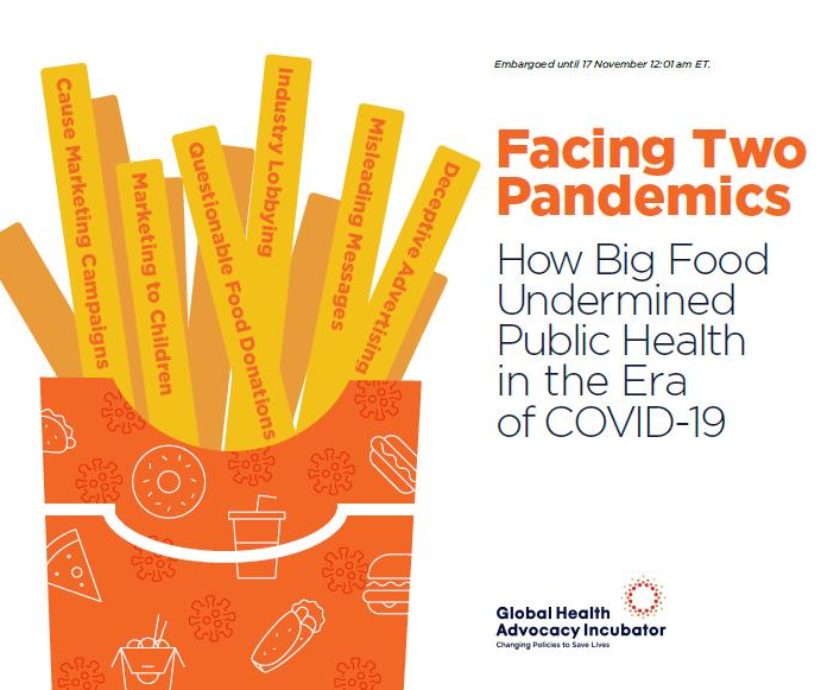Every year has something unique and different about it compared to the previous. In my opinion 2016 will probably be the year forever linked to the Zika virus. Although the virus was discovered decades ago,its immense media coverage means it has become a global talking point. But what do we really know about Zika? Below is our top 10 Zika Q&As.
What is the Zika virus?
The Zika virus is an infection transmitted by mosquitoes and was first discovered in the Zika forest in Uganda in 1947.
If it was discovered decades ago, why are only talking about it now?
It’s a fairly common virus in parts of Africa and Asia but it became more widespread from May 2015 after an outbreak in Brazil.
So how many people have it now?
Literally millions of people have been infected by the virus particularly in South and Central America and the Caribbean.
That’s a lot of people! How does the virus affect them?
If you are infected by the virus the symptoms you can expect include: a mild fever, joint pain, itching, rash, conjunctivitis, headache and eye pain. The symptoms are usually mild lasting no longer than 7 days. However, many people infected by the virus don’t experience any symptoms at all.
That doesn’t sound too bad so remind me of why Zika seems so scary?
It’s a concern for pregnant women, as it’s been linked to a birth defect known as microcephaly(pronounced micro-sef-alee). A person with this defect has an abnormally small head and potential bran damage. There is some evidence that babies born to women who have been infected with the Zika virus are more likely to have microcephaly.
So what exactly can we do about this? People travel to those parts of the world all the time.
If you would like to travel to areas affected by the Zika outbreak it’s best to seek advice before your trip from a healthcare professional. If you are pregnant or actively trying to become pregnant and have recently returned from those regions – a trip to your GP is recommended. Although you can reduce your risk of catching the virus in the high risk regions by using insect repellent and covering your limbs with long loose clothing, you may prefer to avoid the risk by not visiting these areas if you are already pregnant or trying to become so.
You have mentioned the mothers but what about potential fathers? Can they transmit Zika to their partners and subsequently to an unborn baby?
There is a very low risk that the Zika virus may be transmitted through sexual intercourse. The recommendations are: if a partner has travelled to a country with a Zika virus outbreak, the couple should use barrier contraception (a condom) for 28 days following his return, whether he has Zika or not.If he begins to experience Zika symptoms or is diagnosed with a Zika virus infection by a doctor, the couple should use condoms for 6 months.
What if I have been to one of those countries and now want to try for a baby?
In the first instance, see your GP or midwife and tell them the name of the country/region you have just returned from. You should do this whether you have symptoms or not. The guidance also states that you should wait for at least 28 days following your returnhome before you try to become pregnant( evenif you have no symptoms). If you have developed any symptoms which remotely resemble the Zika symptoms(within two weeks of returning home) then it is recommended that you wait at least six months after a complete recovery before trying for a baby.
I know someone who is pregnant and she has just returned from there! What should she do?
She should make an appointment with her midwife or doctor as soon as possible. But tell your friend that although there is an increased risk of the birth defect, not everyone who has been pregnant in a Zika outbreak region has had a baby with microcephaly.
Where can I found out more?
Below are a few links that you might find useful:
WHO
NHS
Travel Health Pro
Zika countries
But please speak to a healthcare professional (doctor, pharmacist, nurse or midwife) for more information.












